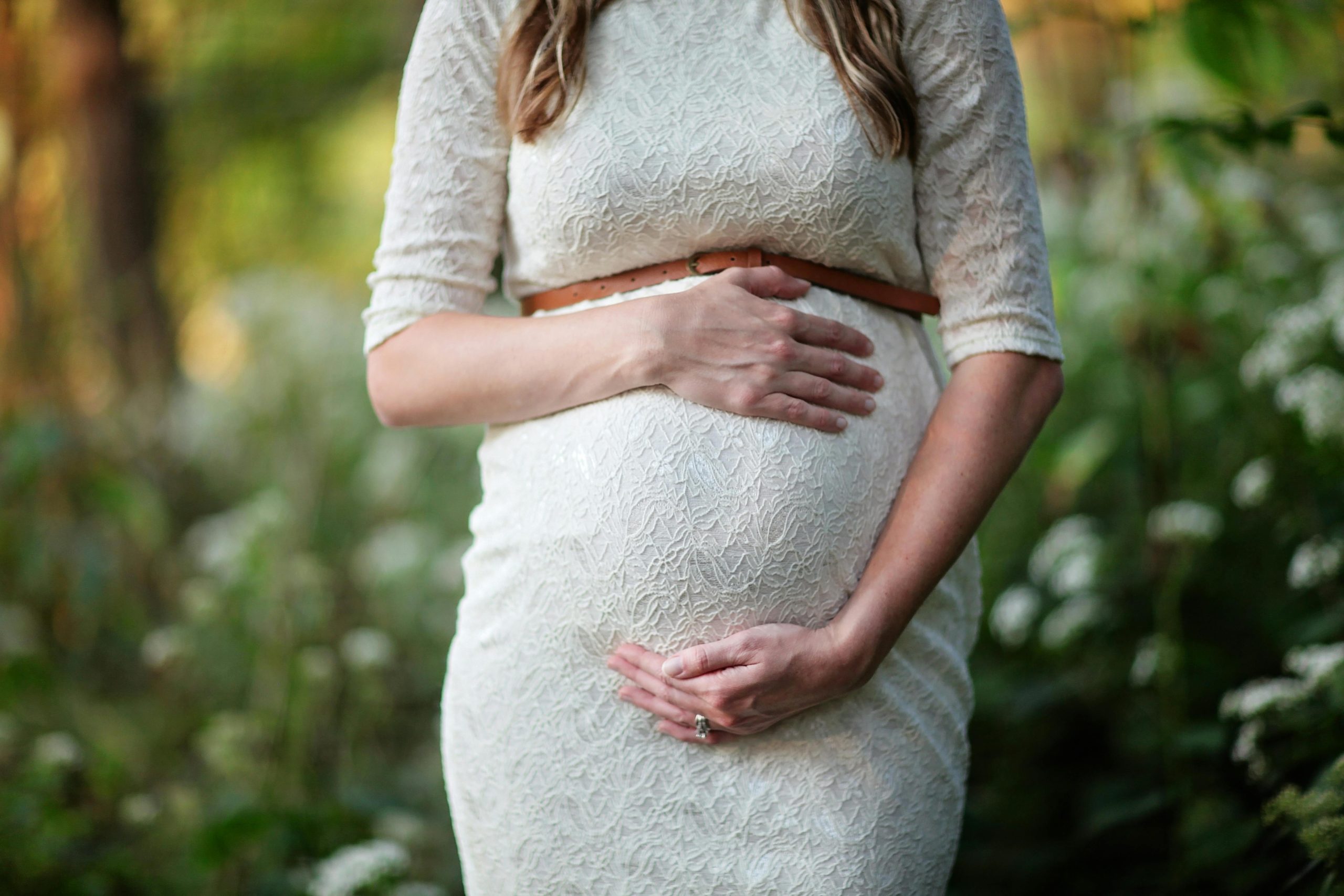During pregnancy, there is a lot of different information thrown your way, from advice from midwives to social media “advice” and everything in between. From what you can and can’t eat to exercise, to how you should change your skincare, it can all get a bit overwhelming, and there are lots of things new parents worry about.
However, one thing that we can say for sure thanks to personal experience is that it’s important that you’re visiting your dentist throughout your pregnancy, and in the year afterwards, to keep your teeth, mouth and gums healthy and happy. We’re here to explore why it’s so important and what you can do to support your oral health from home too.
Why Is Visiting The Dentist Important During and After Pregnancy?
When you’re pregnant, and in the year after you’ve had your baby, the significant change in hormones puts you at increased risk of experiencing dental issues. Specifically, this is pregnancy gingivitis. This is a condition that causes gum inflammation, with symptoms including bleeding when brushing, redness, swelling, tenderness and also bad breath in some cases. If this isn’t identified and treated, then it can lead to tooth decay and eventually tooth loss.
The last thing you want during pregnancy and the postpartum time is dental issues, however, luckily, this is something that can be identified and treated. The way to ensure this is to be able to be identified to have regular dental checkups. You should aim to have two checkups when you’re pregnant, and then two checkups in the year after your pregnancy, and then if you are experiencing any issues in between these checks, make sure to contact your dentist and they may recommend you come in.
How Is Pregnancy Gingivitis Treated?
Pregnancy gingivitis is treated in different ways depending on how advanced the issue is. It may initially be a hygienist appointment to remove plaque buildup, or if it gets more severe, then you may be prescribed medication or a prescription-strength mouthwash. When I was pregnant, I started to notice some symptoms so I gave the dentist a call and was prescribed the mouthwash, which then completely resolved the issue, so a quick call is absolutely worth it!
How Long After Pregnancy Should You Regularly Be Visiting?
It’s always advised that you should visit your dentist every 6 months for a checkup and hygienist appointment; however, this is especially important postpartum, for any issues to be identified and treated quickly. Staying in this healthy habit and seeing your dentist regularly is also key to helping instill healthy habits in your children, and then looking after their oral health and making it a priority will encourage them to make it a priority.
What Should You Do At Home To Support Your Oral Health?
As well as going to see your dentist, there are a few things you can do to look after your oral health at home. The main thing is to follow the advice of your dentist and midwife, however, here is some general advice to keep your teeth, mouth and gums healthy:
- Brush your teeth twice a day using an electric toothbrush, making sure your toothpaste contains fluoride.
- Don’t drink or eat for 30 minutes after brushing to ensure the ingredients in your toothpaste have time to work.
- Don’t eat or drink 30 minutes before brushing, as it can temporarily soften the enamel and make your teeth more prone to damage.
- Before bed, make sure you floss your teeth to remove any bits of food or plaque from between the teeth. You may not think anything is stuck, but you’d be surprised.
- Avoid sugary foods and drinks where you can, and make sure that you drink water afterwards to wash away some of the sugary residue.
- Snack on crunchy fruit and vegetables to keep your teeth and jaw healthy.
- Check the ingredients of your mouthwash and avoid ones containing alcohol.
Is Dentistry During Pregnancy Free?
This depends on where you live. In countries where you need health insurance, usually, there isn’t much in terms of free dentistry support when you’re pregnant, which is unfortunate. However, paying for a couple of checkups will really be worth it. In countries with some form of free healthcare, usually, there would be some form of support for dentistry during pregnancy.
For example, in the UK, pregnant women get free NHS dental treatment, and women who have had their baby or have had a stillbirth will also access free treatment for 12 months. It’s definitely worth doing some research to find out whether this support is available in your country, as I didn’t actually know about the free help in the UK until my midwife told me in my first pregnancy that you just need to apply for a maternity exemption certificate!
Final Thoughts
We know just how much information there is to process when it comes to your health and pregnancy, but the main thing is to focus on the advice your midwife gives you, which will likely include visiting your dentist! Visiting your dentist in Solihull, Lisbon or Luxembourg is key when pregnant, so make sure to get booked in for an appointment to protect your oral health!




